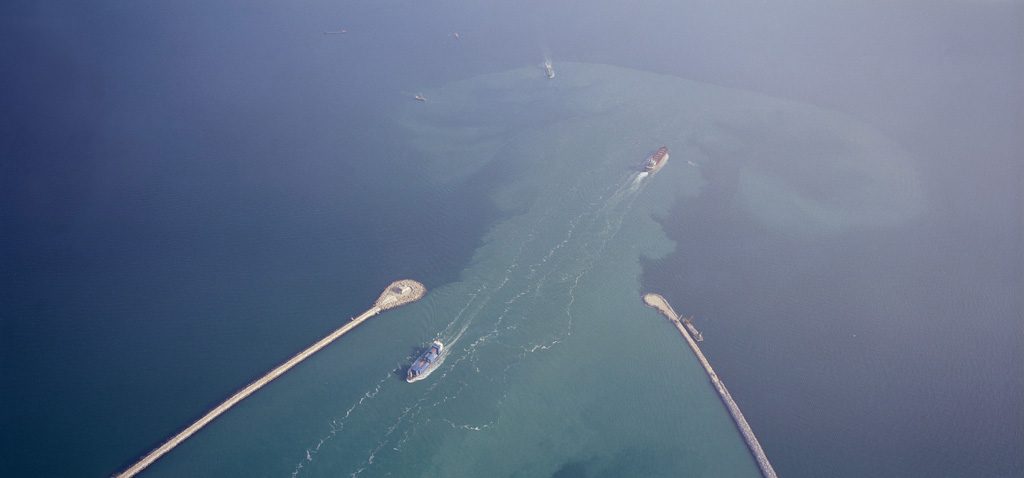Sustainability

The term sustainability has its origin in the management of wood resources, first mentioned in 1713 in Sylvicultura Oeconomica, by Carl von Carlowitz, in Saxony, Germany. Carlowitz wrote this book on “sustainable” forest management out of interest in the economical and efficient use of wood. (Grober 2010) In this pre-fossil and pre-industrial time, wood was one of the most important resources in Europe for heating, as well as war and colonization projects. The wood management practices that Carlowitz proposed are also an important step in the development of the mono-cultural forests prevalent throughout Europe today.
French speaking Switzerland has a dual role in the dissemination of the term sustainability. First in 1818, the forestry administration of the bilingual canton of Bern adopted the German term for their forestry politics, and translated “nachhaltiger Ertrag” into the French “produit soutenu” which later was revised in France to “rendement soutenu.” Influenced by this formulation, the concept came into English as “sustained yield”. This again prepared the term “sustainable development”, which was adopted in the definition of the report Our Common Future by the Brundtland Commission, seated in the Palais Wilson on Lake Geneva. (Grober 2010) “Sustainable development is development that meets the needs of the present without compromising the ability of future generations to meet their own needs.” (World Commission on Environment and Development 1987) This sentence from the report greatly influenced the 1992 Earth Summit in Rio de Janeiro, Brazil, as well as later conferences on sustainable development and climate change.
The origin of the term sustainability interestingly shows that from the beginning, it was already used to serve economic ends rather than environmental ones, thus foreshadowing contemporary uses of the term in « green-washing » campaigns by corporations, merchandizers, and marketeers implicated in environmental damage. In this sense, the concept of permaculture is a counter-proposition to the model of sustainability as it is proposed in Sylvicultura Oeconomica, making the steps from monoculture to polyculture, and from the sustainable to the permanent. (JS)
Image: Armin Linke, MOSE Project, tidal defense system, Venice, Italy, 2005. Courtesy of the artist.
See also: biophilic cities, permaculture, resilience, resurgence, sustainable development goals